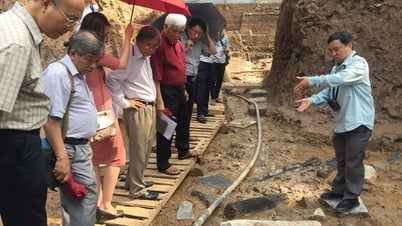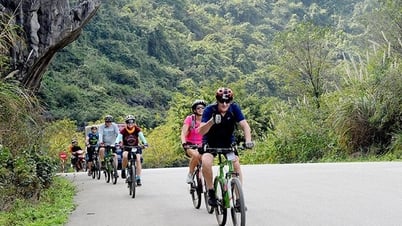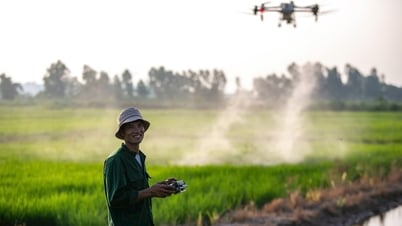Antakya, the "ghost city"
The executive director of the World Food Programme visited Antakya, which has suffered heavy loss of life and extensive devastation and now resembles a “ghost town”, according to WFP, with homes, schools, businesses and essential infrastructure damaged or destroyed.
Mr. David Beasley said that although the international community quickly mobilized to support local people, the impact of this earthquake will still be felt for months and years to come.
In addition, Mr. David Beasley also went to Boynuyoğun camp to meet families who had to migrate because their houses were in ruins.
Boynuyoğun camp is one of seven camps where WFP has been supporting Syrian refugees for years through an electronic voucher program. This support is now being expanded to reach Turkish families displaced by the earthquake in WFP food distribution packages.
Disaster upon disaster
On the Syrian side, Mr Beasley described the situation as “disaster upon disaster”. He said the earthquake came after 12 years of unrelenting conflict and the worst-hit areas did not have the capacity or infrastructure to cope with the impact of such a major disaster.
The WFP Executive Director also visited the UN transit hub where trucks loaded with essential food and other emergency supplies head to the Bab al-Hawa border crossing to reach non- government controlled areas in northwest Syria. Following the recent opening of two additional points, Bab al-Hawa is one of three key border access points opened between Turkey and northwest Syria, allowing the delivery of critical assistance to millions of affected people.
The WFP chief accompanied the convoy of 21 trucks carrying 380 tonnes of wheat, bulgur and rice flour, as well as other non-food emergency items. “Our trucks are on the move, and this food and other supplies will literally save thousands of lives,” Beasley said as he watched the convoy enter Syria.
Since February 13, when the border post reopened, WFP has secured the passage of 180 trucks through non-government-controlled areas in northwestern Syria.
Provide support in every way
“With the earthquake exacerbating needs and stocks rapidly depleting, it is essential that food and other essential supplies can reach north-west Syria in every way, from every direction, by every route possible – without any restrictions,” said the WFP executive director. “We welcome the opening of two additional border crossings from Turkey. At the same time, we need to continue and scale up cross-border deliveries and I call on all parties to facilitate access,” he added.
In a recent statement, WFP confirmed that it had mobilized rapidly, reaching more than 2.3 million people affected by the earthquake in Turkey and Syria.
In Syria, nearly 1 million people in the northwest are receiving general food assistance, as well as 380,000 hot meals and prepared rations.
In Türkiye, nearly one million people were affected. 870,000 of them benefited from hot meals in city kitchens and around 100,000 received family food packages in camps.
WFP's funding request for the emergency response in Türkiye is up to $80 million, needed to expedite relief to those affected by the earthquake in the form of food and cash.
In Syria, WFP needs $150 million to assist 800,000 earthquake victims over the next six months.
In addition, the agency needs $300 million to maintain its food assistance program across Syria, reaching 5.5 million people each month. Failure to secure these funds will force WFP to suspend assistance to 3.8 million Syrians in the coming months./.
Source link
































































































Comment (0)